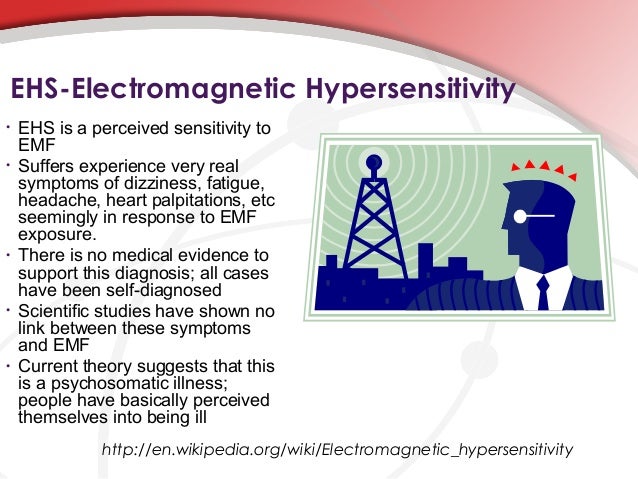The sensitivity to electromagnetic fields (EMF sensitive) refers to a state where an individual has a high sensitivity to the electromagnetic fields that surround him. This condition is not limited to environments in which there is no electrical current, but it can affect people who have an open circuit or who are in contact with electromagnetic field for long periods of time. The Environmental Health Center Dallas has a thorough understanding of the causes of EMF sensitivity and is able to assist patients with the symptoms. The center has the ability to perform tests to determine if someone is susceptible to EMF exposure. emf sensitivity is possible using new technology that measures heart rate variability.
The IEI-EMF sensitivities are a sign of exposure to electromagnetic fields
Electromagnetic contamination and the generated electromagnetic fields have been linked to the onset of a number of ailments. The symptoms are often difficult to recognize as some have reported a range of symptoms. It could be because of pre-existing conditions or as a reaction to stress that is caused by exposure to high levels of electromagnetic fields. Regardless of electromagnetic hypersensitivity symptoms can be debilitating for individuals who experience these. Despite this, the scientific community isn't quite certain of how prevalent the IEI-EMF sensitization syndrome is and how widespread it is.
It is not a symptom of electrohypersensitivity

While the symptoms of electrohypersensitivity and EMF sensitivity are similar, there are some key differences. Electromagnetic hypersensitivity can be not understood, and the symptoms can differ widely. It is crucial to receive a proper diagnosis to understand the root cause and potential treatments.
It is not a symptom of EHS
While EMF sensitiveness isn't an essential sign of EHS however, it is frequently associated with the disorder. Indeed, some studies have suggested that the condition may be related to environmental and genetic factors instead of a particular physical disorder. However it is still necessary to conduct more research to draw definitive conclusions.
It can be perplexing
The symptoms of EMF sensitivity can be perplexing. Most EHS sufferers do not believe that their symptoms are due to a specific source. They seek medical treatment, but are unable to get a definitive diagnosis. This raises suspicions that they could be suffering from any mental disorder of some kind that can lead to an increased feeling of helplessness and anxiety.
It can be scary
Electromagnetic fields or EMFs can be a nightmare. Some people report experiencing unpleasant symptoms when exposed to these fields, which are produced by devices like Wi-Fi routers and mobile phones. The symptoms can range in severity, and in extreme cases, individuals have to avoid the use of fluorescent lighting and electronic devices. In extreme instances, those suffering may even withdraw from the modern world, living in isolated communities called "EMF-free zone".
electromagnetic hypersensitivity symptoms can help with melatonin production
The most important hormones found in our bodies, melatonin, is synthesized in the pineal gland. It is implicated in many physiological functions, including circadian rhythm regulation. However, its role as a protection factor in the face of nonionizing electromagnetic field has been in doubt because of inconsistencies between studies. To date, our understanding of this hormone's protective mechanisms is largely based on our knowledge of the mechanism by which it works to protect your body from the oxidative stress produced by RF/ELF exposure.
It can help with autonomic nervous system issues.
A number of studies demonstrate that EMF sensitivities can impact your autonomic nervous. Patients with the condition can experience altered autonomic responses and experience digestive issues. Some patients have problems digesting food correctly or feel sick following a light portion. Other patients may notice changes in their body temperature and suffer from heat intolerance. These issues are typically due to other health issues, such as diabetes.
